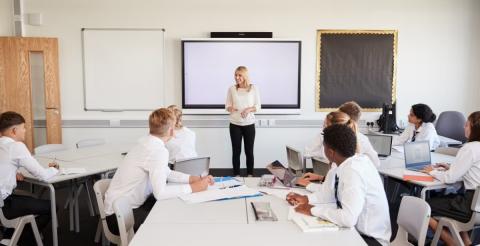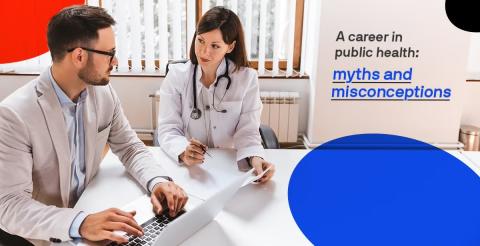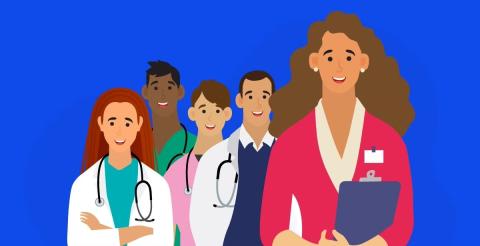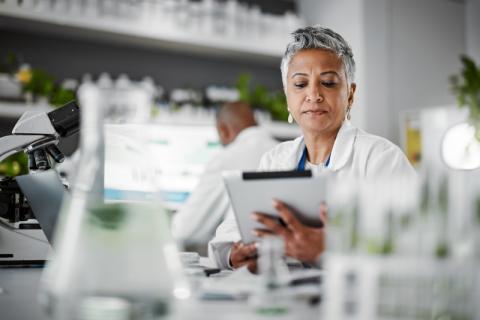Online learning leads to better Indigenous health outcomes

Being able to move through a graduate certificate online and then into a master’s degree in Health Service Management has allowed Tiana Thomas to follow her life’s purpose to redress endemic health problems in Aboriginal communities.
She has almost finished her master’s degree with the University of Technology, Sydney, and is completing her 11th subject. “I have one more after this one, then I’m done.”
Thomas works for Mookai Rosie Bi-Bayan, which provides accommodation and primary healthcare services for Aboriginal and Torres Strait Islander families from the Cape York, Northern Peninsula Area and Torres Strait regions while they are in Cairns.
Mookai Rosie Bi-Bayan was established by, and named after, Cairns-based Aboriginal healthcare worker Rose Richards, known as Aunty Rosie.
“Back in the 1970s, there were no healthcare services for Aboriginal and Torres Strait Islander people up here. Their GPs would refer patients to Cairns for treatment, but there was no support and they had nowhere to stay, which would make their health problems worse. So Aunty Rosie welcomed them into her house and would do follow-up treatments at home,” says Thomas.
This was the foundation for Mookai Rosie Bi-Bayan, which is still FNQ’s only Aboriginal and Torres Strait Islander women’s accommodation service managed by Aboriginal and Torres Strait Islanders.
“It means our mob are supported when they come to Cairns. They get that wraparound support, and they can go back up in community and continue their healthcare journey with their providers there,” says Thomas.
Unintended consequences
She says the subjects she has taken as part of her course, like fundamentals of epidemiology, helped to strengthen her knowledge of health. Other subjects, such as foundations of the healthcare system, helped her understand the complexity of Australia’s health infrastructure.
The master’s has also built Thomas’ understanding of how to ensure Mookai Rosie Bi-Bayan makes decisions using systems thinking. “When we strengthen our partnerships and services, this flows on throughout the rest of the organisation to reduce the risk of unintended consequences,” she says.
Thomas says UTS’s model for assisting their online students works well.
“The modules I have studied were easy to read and helped me to understand the material. I have felt really well-supported throughout the course, with a student success adviser calling once a month to check in,” she says.
Having access to UTS’s Jumbunna Institute for Indigenous Education and Research’s resources also boosted Thomas to achieve her potential. “I feel incredibly culturally safe,” she says.
Thomas recommends giving online studying a go and not worrying if you don’t get high distinctions from the start.
“I got a pass in my first subject and it took a while before I was consistently getting HDs. But the markers would give really good feedback and I would take it on and implement it in my next assignment. Support is available, so if your life will allow you to study online, there’s a lot of help for you to do well.”
This article is republished from The Australian Financial Review under a Creative Commons license. Read the original article.





